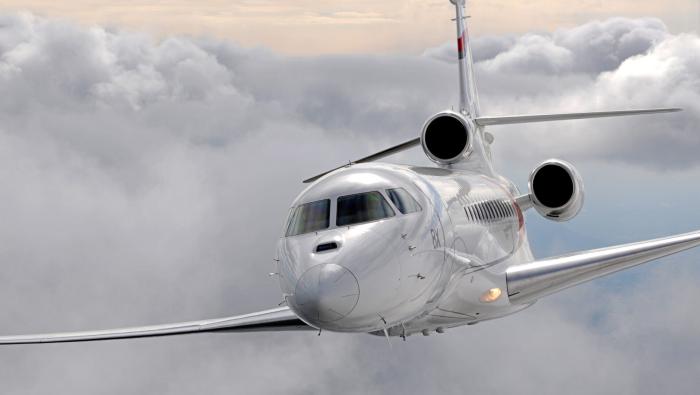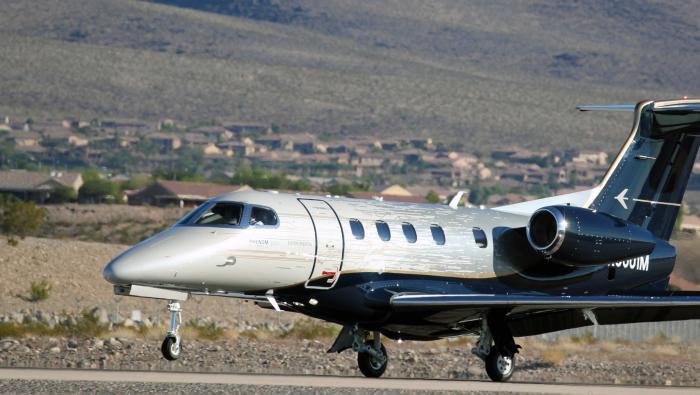Delivering an upbeat prognosis for the show during a pre-Dubai Airshow briefing here yesterday, Boeing sees little disruption to its business in the Middle East even amid the political turmoil within Saudi Arabia and between Qatar and four of its Arab neighbors. Dismissing suggestions that slumping profits among the Gulf’s big three carriers could portend order deferrals, Boeing vice president of sales for the Middle East, Russia and Central Asia Marty Bentrott pointed to last week’s announcement by Emirates Airline of a 77-percent profit jump during its first fiscal half of the year as one sign of a rebound in the region in general.
“Dubai is a key aviation hub for a very large part of the world. It reaches out and touches many people around the world,” said Bentrott. “There was some concern, a little bit, a few months back that maybe things were tapering off...Emirates's most recent results [were] extremely positive, so traffic is coming back, yields are improving and this is going to be a positive backdrop to the Dubai Airshow.”
While Bentrott conceded that the timing of limited numbers of deliveries could shift due to some airlines’ exuberance during the order frenzy of the 2013 Dubai show, he said he sees no sign of any substantial change to Boeing’s healthy backlog in the region. Meanwhile, the Boeing executive predicted “an exciting” and “quite busy” show, as the company looks to seal multiple sales campaigns.
Those aspirations form the backdrop of a show marred by the absence of Qatar Airways, resulting from the diplomatic row between Qatar and four of its Arab neighbors, thereby removing one reliable source of business. However, during a pre-show interview with AIN, Bentrott hinted that Boeing could see several other operators step up to fill the gap.
One of the most high-profile prizes resides with the coffers of Egyptair. Now in the midst of a fleet modernization, the airline by late September had taken all but one of nine new Boeing 737-800s ordered last year. It entered what Bentrott called the RFP process linked to a broader campaign to acquire a range of types, including widebodies, as early as a year ago. Models under consideration include the Boeing 787-9 and -10 as well as 737 Max narrowbodies and their Airbus counterparts, namely the A350 and A320neo.
Closer to home, while Emirates Airline stood at the center of rumors of another big Airbus A380 order, the Middle East’s largest airline also appeared ready to decide between Dreamliners and A350s. Emirates' fleet needs and capacity constraints would suggest a preference for larger variants of the available midsize widebodies such as the 787-10, nowithstanding early concerns voiced by the airline’s CEO, Tim Clark, that the mid-range -10 might prove underpowered for the hot operating environment in Dubai. However, some three years ago Clark canceled an order for 70 A350s, casting doubts about its interest in re-ordering an airplane whose size appears incompatible with the direction the airline has chosen to go with its big order for 777Xs.
Away from the Gulf, while the political upheaval in Saudi Arabia continues to make headlines outside the context of the air show, Boeing resisted venturing into any discussion about what effects it might feel. Rather, Boeing Saudi Arabia president Ahmed Jazzar spoke of the country’s Vision 2030 initiative as a huge opportunity to diversify the economy away from oil. “We are in there for the long haul,” he said. “It opens the door for us to expand our footprint. It opens the door for new initiatives. We know what the country needs. We know what we can offer and we line up our strategy [accordingly].
“I don’t talk about politics much,” continued Jazzar. “And I don’t think it’s helpful to talk about that. The country is definitely going through change, and we’re right there to support them, and I see an alignment in strategies. So I think the path is wide open.”







